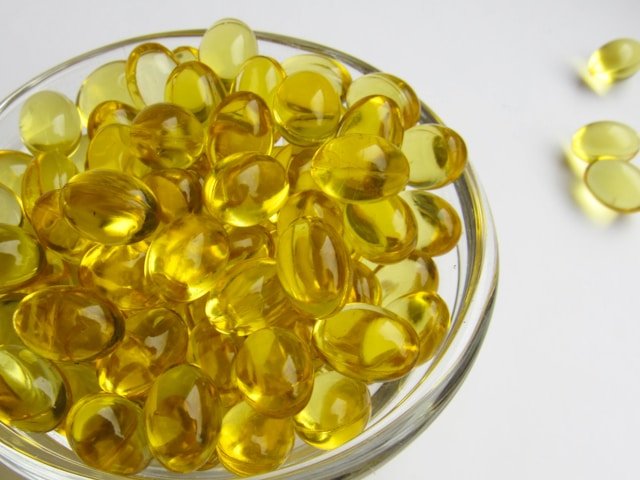Landmark study shows daily vitamin D can slow telomere shortening in older adults
Vitamin D supplements may offer more than bone support — they could slow the ageing of your cells. A major long-term study in the United States has found that taking vitamin D daily can help protect the length of telomeres, the small caps at the ends of our chromosomes that naturally shorten with age.
The research, led by Dr JoAnn Manson of Mass General Brigham, involved thousands of older adults over a five-year period. Participants aged 50 and over (55 for women) were randomly assigned either 2,000 IU of vitamin D3 daily or a placebo, with a separate group receiving omega-3 fatty acids to assess their effects on cellular ageing.
The findings mark a significant development in the science of longevity. Telomeres are essential to cellular health, acting as protective buffers that wear down each time a cell divides. When they become too short, cells stop dividing or die — a process linked to age-related diseases such as cancer, diabetes, and cardiovascular conditions.
Embed from Getty Images EmbedResearchers used a precise DNA technique called quantitative PCR to measure participants’ telomere lengths at the start of the study and again after two and four years. They discovered that those taking vitamin D had significantly less telomere shortening than those on the placebo. According to the researchers, this slower shortening could translate into nearly three years’ worth of additional cellular longevity.
“This is the first large-scale, long-term trial to show that vitamin D supplements protect telomeres,” said Dr Manson. “Our results suggest that this simple nutrient may offer meaningful benefits for biological ageing.”
Dr Haidong Zhu, lead author and molecular geneticist at Augusta University’s Medical College of Georgia, said the results warrant further exploration. “Targeted vitamin D supplementation may be a promising strategy to counter a biological ageing process,” he noted.
While vitamin D appeared beneficial, the same couldn’t be said for omega-3 fatty acids. Despite their known effects on heart and brain health, they showed no measurable impact on telomere length in this trial. Participants who took 1g of marine-based omega-3 daily experienced telomere changes similar to those who took a placebo.
The researchers also pointed to vitamin D’s role in reducing inflammation, another factor that contributes to age-related conditions. Previous studies have found that sufficient levels of vitamin D may help lower inflammatory markers in the body, potentially offering further protection against the ravages of ageing.
However, experts urge caution. “These findings don’t mean that vitamin D will prevent all age-related diseases,” said Dr Zhu. “But it may support better cellular health, especially in people who are deficient.”
The daily dose used in the study — 2,000 IU — exceeds the standard recommendation of 600 to 800 IU for adults, but remains well within safe limits as defined by the National Institutes of Health. Even so, not everyone requires high-dose supplementation. People who get regular sunlight or consume vitamin D-rich foods like oily fish, eggs, and fortified dairy may already meet their needs.
Doctors recommend checking vitamin D levels before starting high-dose supplements. Over-supplementation can cause side effects in some people, including kidney issues and high calcium levels.
This landmark trial adds weight to the growing body of evidence that vitamin D does more than just keep bones healthy — it may also keep the very building blocks of our bodies younger, for longer
